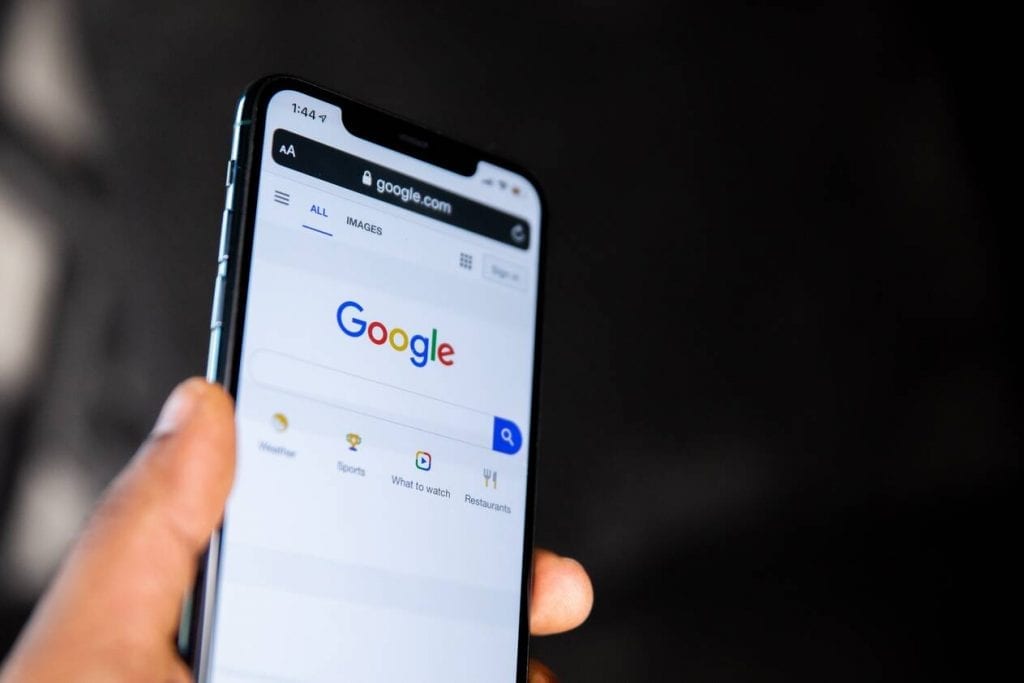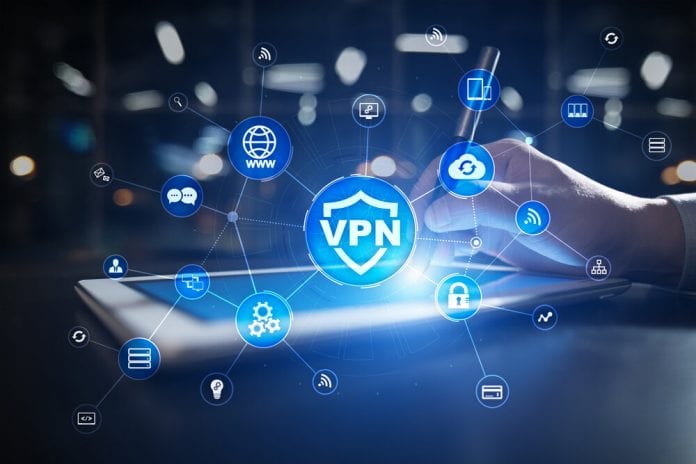With the Fi VPN, you’re able to stream, browse and download on an encrypted, private connection
Many Google products and services have a rite of passage through public betas. Gmail, Google Play – these are the more successful stories.
Some will stay in that stage for years, facing varying usage rates as criticism results in development. Google Fi’s VPN is the latest to come out of the beta stage. As part of Google’s cell phone service, they launched their VPN. In the US, cell services switch between T-Mobile, Sprint, and U.S. Cellular towers, always looking for the best signal, while also utilising public-access Wi-Fi connections so customers can save money on their mobile data.
It’s a twitchy system, but it has a bank of connections which it deems reliable and will prioritise those if it can. However, it will connect to any Wi-Fi. The VPN built into the Fi service, then, became essential and is now reliable and effective.

What’s a VPN?
A VPN (virtual private network) secures a device’s connection to the internet. Whereas antivirus software protects a terminal or device, a VPN is more interested in the connection itself. They were developed by businesses in the 1990s that had offices spread across different areas of the country and needed employees to have remote access to servers filled with sensitive data. Soon, VPNs were seen to have value within residential environments or, simply, for private users.
Firstly, the internet decentralized workspaces, meaning full-time employees can work off-site, either permanently or all-the-time, and that businesses could make use of a wider freelance market. Remote access extended from satellite offices to home offices.
Secondly, VPNs have been useful for gamers too. It enables anonymity as well as providing extra security which those who play massively multiplayer games, who use servers for games like Rust and who play frequently on an online casino find highly appealing as it ensures their personal data is further off-limits.
Google’s VPN
Google’s VPN can be found in its cloud storage service Google One too. In this context, though, it wasn’t always enabled. It’s treated as an extra, rather than integral to the performance. For example, only Google One subscribers who have the 2TB tier and higher have access to the VPN. This is an exclusive offer. The VPN is not mainstream, fully-integrated rollout which is seen as the backbone to all products and services. Its use is incidental for Google, appropriate for their storage service and their carrier service only.
Google and Apple
Rounding out Google’s announcement that their VPN for Google Fi is exiting the beta stage on Android, they said Fi users on Apple handsets will have access to it too. As part of this rollout, Google is creating a new Privacy and Security Hub which will house the VPN, and allow customers to further understand more privacy and security features available to them. For instance, warnings will be given if an incoming call is identified as spam by Google, which can then be blocked. Other standard-practice features like two-stage authentication will be included too.
For now, it doesn’t seem like Google views its VPN as a standalone product. It will be used as a lure for more lucrative and comprehensive services.







